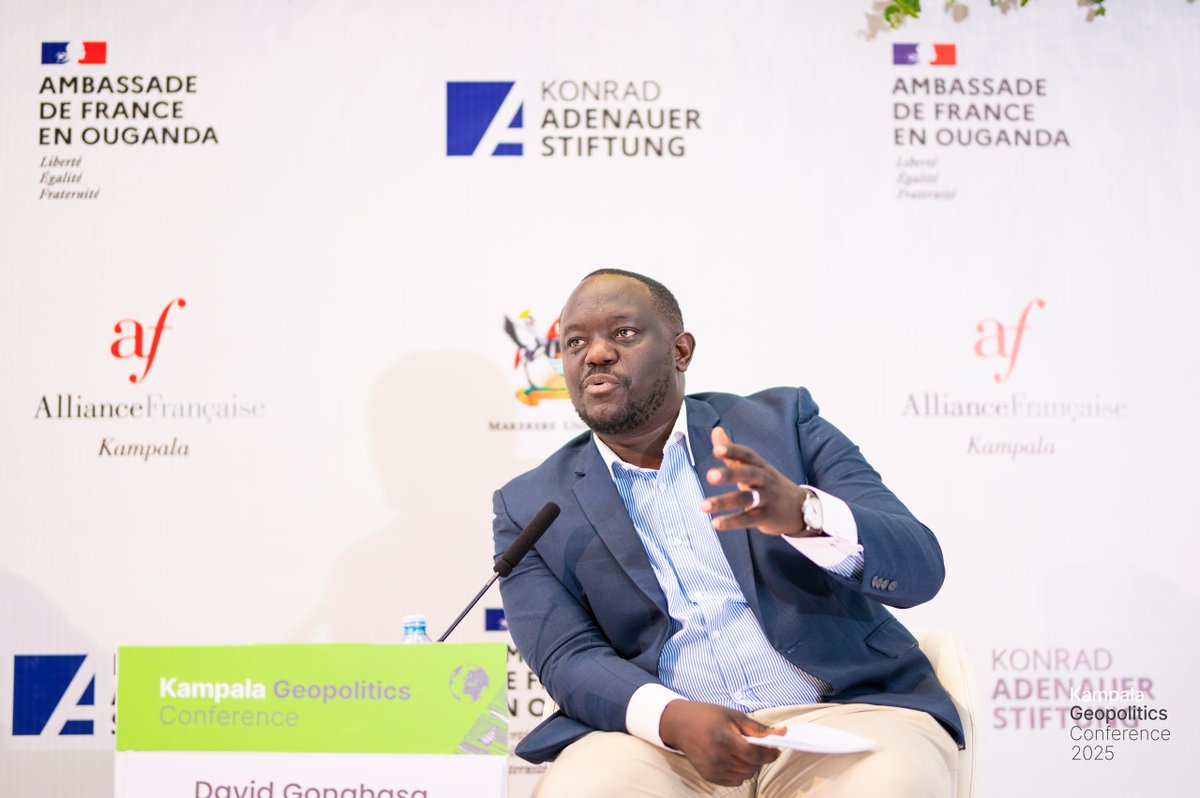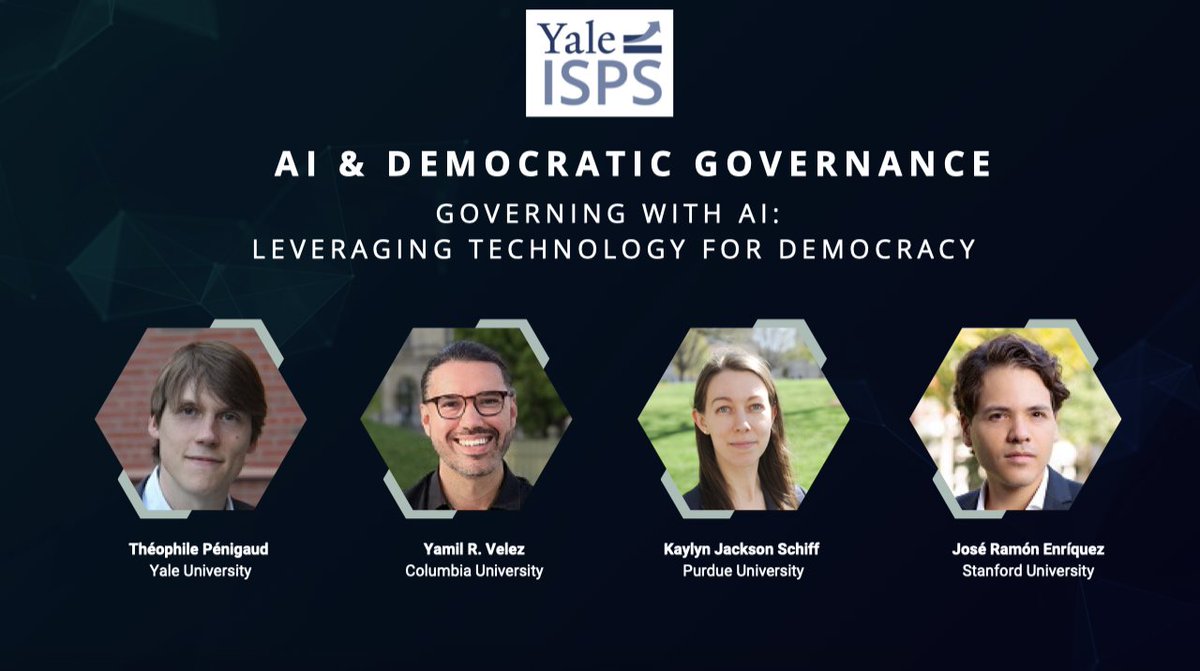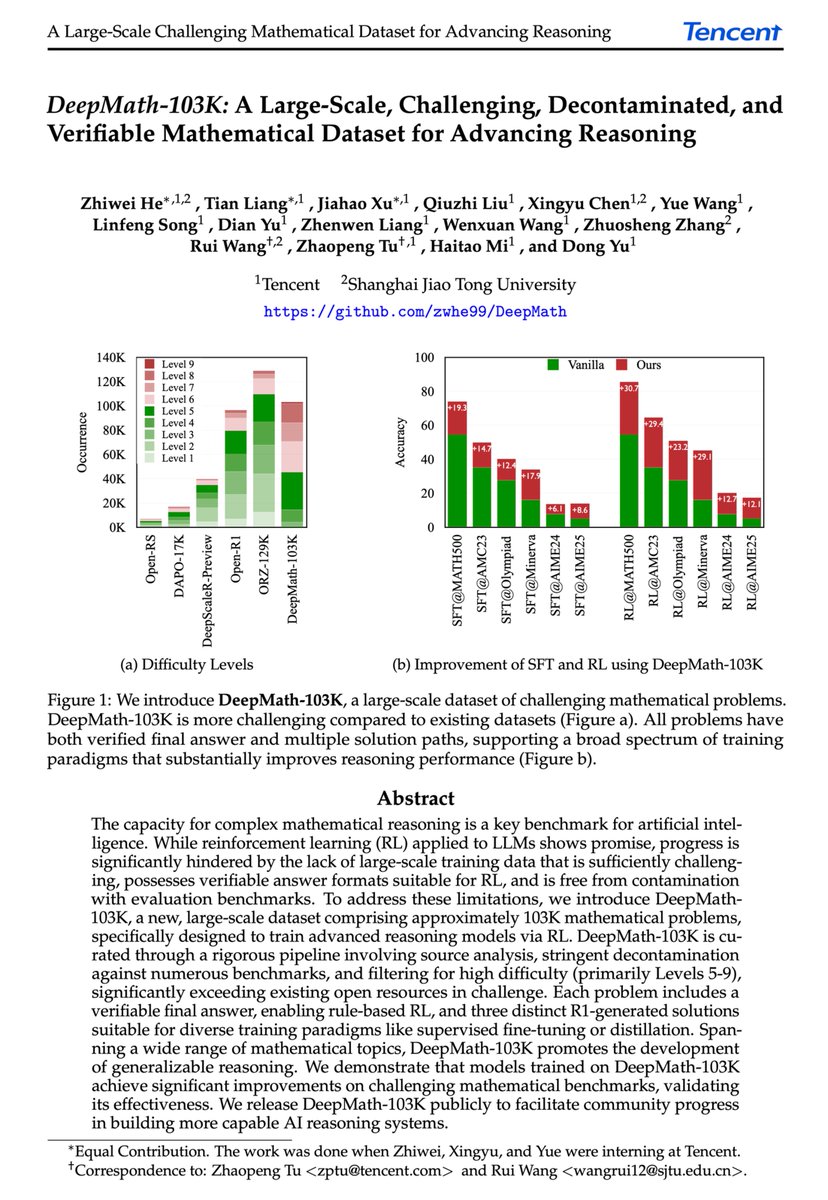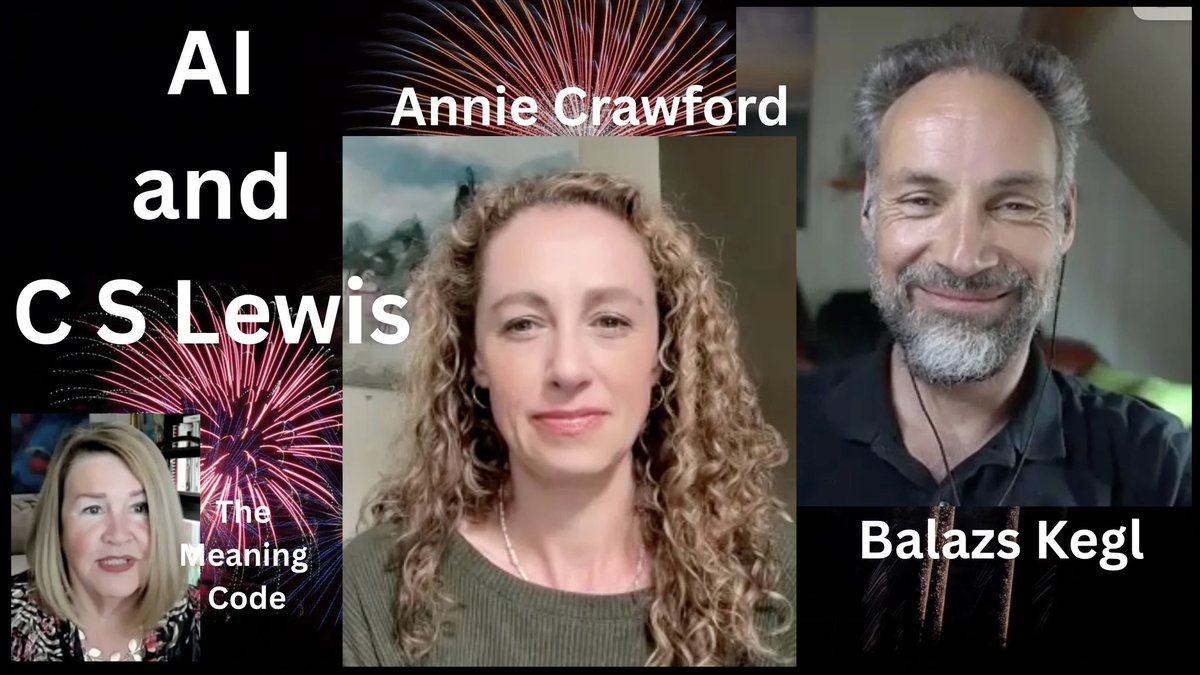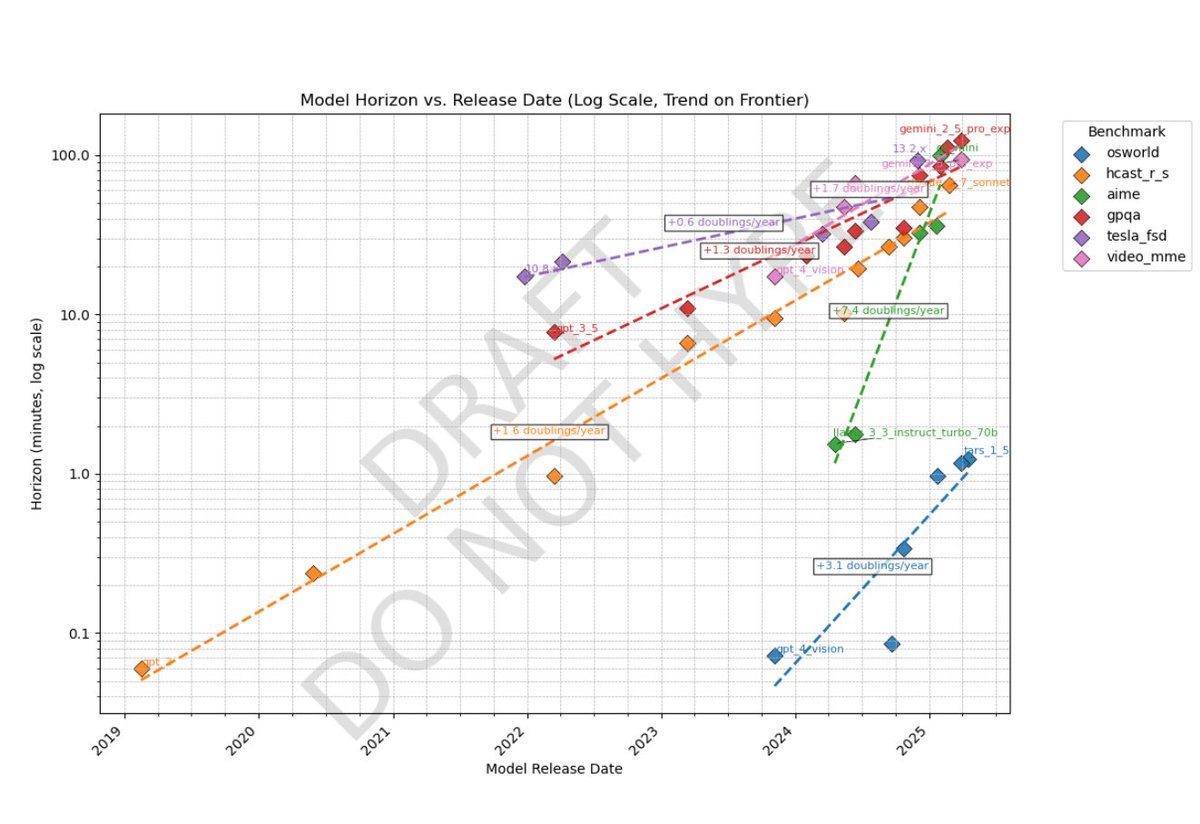
Adrian Zidaritz
@adrianzidaritz
Data Scientist, founder of sd-ai.org, author of aibluedot.com. On #AI and its effect on democratic governance. More rarely, #math and art. PhD Math @UCBerkeley
ID: 1202989840687460352
https://adrianzidaritz.substack.com 06-12-2019 16:36:24
30,30K Tweet
52,52K Followers
11,11K Following


"Part of the reason that the AI community is so interested in math is that math is hard." Emily Riehl of Johns Hopkins University on Testing Artificial Mathematical Intelligence at the Simons Institute's workshop on AI for Mathematics and Theoretical Computer Science.simons.berkeley.edu/workshops/simo…





A global relay. A smarter model. A Mathletic victory. Team NemoSkills won a global Kaggle challenge with a reasoning model that thinks fast and generalizes faster. 34 Olympiad-level questions solved in 5 hours, across time zones, on 4 NVIDIA L4 GPUs. 🔗blogs.nvidia.com/blog/reasoning…

AI agents move fast and think differently. They need trust infrastructure that speaks their language. GenLayer’s Optimistic Democracy delivers: Decentralized arbitration. AI-native validation. Programmable trust for a messy world. Check out Edgars Nemše's blog for more 👇














In this thought-provoking conversation, MIT Sloan School of Management’s Michael Schrage and MIT SMR’s David Kiron reveal why philosophy, not just technology, determines whether your #AI investments are poised to create genuine business value. mitsmr.com/4mybPMz
